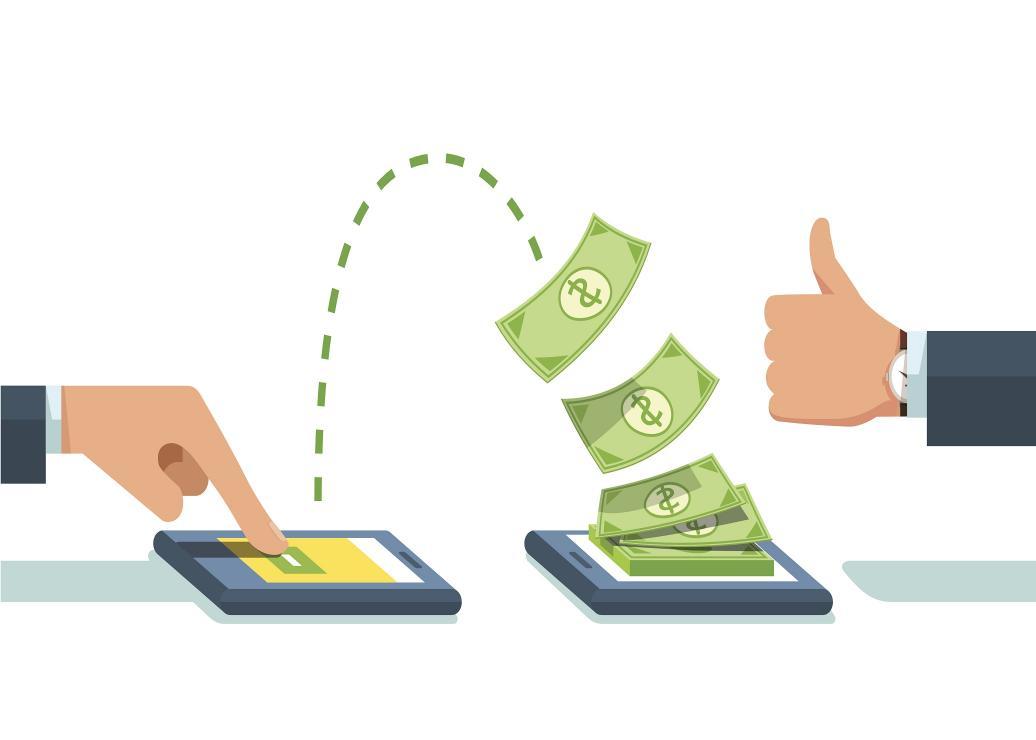Salary Advance vs Personal Loan – Choose a Loan that Works for You
Reviewed by: Fibe Research Team
- Updated on: 8 Nov 2024
- Published on: 27 Mar 2019
Reviewed by: Fibe Research Team

A fixed salary offers financial security that ensures your monthly needs are met. However, rising inflation rates may make it challenging to get through the entire month. As per an EY-Refyne survey, more than 80% of employees use up their entire salary before it is time to receive the next month’s salary.
This can make it really difficult to tide over sudden expenses that come with medical or personal emergencies. However, the good news is that you can rely on certain credit facilities in such situations. Getting your salary in advance, for instance, or a personal loan are some of the commonly preferred options.
But how do you choose between the two options? Read on to understand the difference between a salary advance and a personal loan and decide accordingly.
A salary advance is a short-term loan facility you can avail of to address cash shortages before you get your next salary payment. You can get these funds from or through your employer. The amount is then deducted from your future salaries.
Some lenders also provide the facility of a salary advance loan, wherein you can get funds and repay it over a short-term tenure. A vital feature of this credit facility is that it is offered only to salaried individuals and is based on your salary amount.
Apply Personal Loan For Salaried Employee
A personal loan is a popular credit facility offered by most financial institutions. Personal loans are available to both salaried and self-employed individuals. Your maximum loan amount can go up to ₹50 lakhs or more, depending on your eligibility and the lender’s terms.
Some features of a personal loan include the following:
Disclaimer: Note that the loan terms associated with a personal loan vary with issuers.
Given below is a tabular overview of a getting your salar advance vs a personal loan:
| Salary Advance | Personal Loan |
|---|---|
| Available only to salaried individuals | Available for both self-employed and salaried individuals |
| The cash advance amount depends on your salary and the organisation or lender | The loan amount depends on your eligibility and the lender |
| Minimal requirements for eligibility | May have simple to stringent eligibility and credit score requirements |
If you choose a personal loan over a salary advance, these are the few advantages you will get.
To know how to choose between the two, simply comparing a personal loan with a salary advance isn’t enough. Here are a few pertinent questions to ask when deciding whether a personal loan or salary advance is right.
You can get instant cash via a personal loan with the right lender, whereas a salary advance can take a couple of days to process.
Salary advances primarily depend on your salary, whereas a personal loan usually offers a larger quantum of funding.
A salary advance deducts the outstanding amount from your future salaries, which can strain your finances if your fixed expenses are high. If you opt for a personal loan, you can repay in instalments over a tenure of your choice.
Apart from the above, factor in the total cost of borrowing while deciding whether to avail of a personal loan or a salary advance.
Choosing between a personal loan and a salary advance depends on your usage requirements. Salary advances provide quick access to a portion of your pay, while personal loans offer larger amounts and longer repayment terms.
If you decide to go ahead with a personal loan, you can opt for a Fibe Instant Cash Loan of up to ₹5 lakhs. Get these funds with minimal documentation and enjoy competitive interest rates and zero foreclosure charges. Get started by downloading our Personal Loan App today!
If you are getting your salary in advance from your employer, it is not considered a loan as there is usually no interest you need to pay. However, this depends on your employer’s policies. If you are getting a salary loan from a lender, then interest applies, and it is considered a credit facility.
The repayment period of a salary loan is comparatively less than that of a personal loan, generally a month. However, it may vary depending on the lender and can go up to a few months. At Fibe, the repayment tenure is flexible, starting from 3 months and going up to 36 months.
Yes, your advance salary loan is taxable for the year in which you avail of the facility.